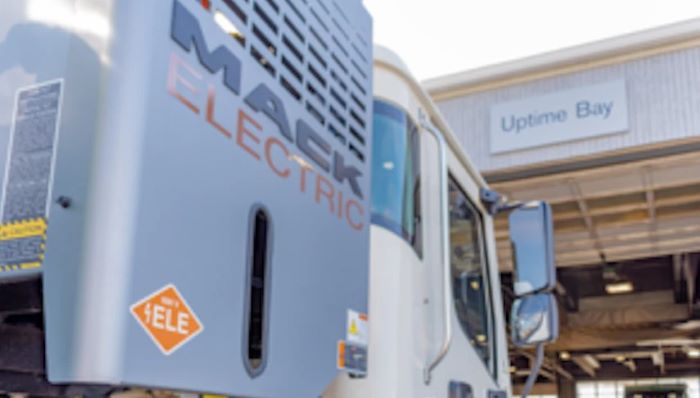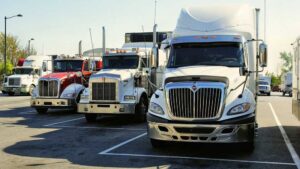SACRAMENTO, Calif. — The California Air Resources Board (CARB) has approved an almost $624 million funding plan for its incentive programs for electric vehicles — from truck fleet operators to commuters.
Under the plan, 63% of the 2023-24 fiscal year’s investment funds will go toward bolstering equitable access, resources and support for low-income and disadvantaged communities, CARB said in a news release.
The Fiscal Year 2023-24 Funding Plan for Clean Transportation Incentives also marks the launch of an expanded outreach process that includes surveys, meetings with community-based organizations, and the addition of monthly virtual meetings held in the evenings to increase access for Californians who have barriers to participating in the public process, CARB says.
“The shift toward zero emission is only possible if every Californian has access to new and emerging vehicle technology, and our funding plan reflects the importance of equitable access in working toward a clean air future,” said CARB Chair Liane Randolph. “The funding plan also offers a wide range of tools to get Californians into cleaner options, from the trucks that transport goods across the state to e-bikes that can make it easier for residents to meet their everyday mobility needs.”
CARB states key highlights in the funding plan include:
- Continued funding to support the launch of a statewide Clean Cars 4 All and financing assistance projects, which will provide up to $12,000 in vouchers and financing assistance to help low-income Californians replace older cars with zero-emission vehicles.
- Funding to support the new e-bike incentive project that will give up to $1,250 in vouchers to low-income Californians.
- $375 million to help public school districts purchase zero-emission buses.
- $10 million to launch a capacity-building educational effort that will give communities the tools they need to plan a clean mobility project and learn how to apply for funding resources.
- Almost $60 million to support shared mobility projects, such as car or bike-sharing, in underserved communities.
- $80 million for drayage fleet operators, as their transition toward zero-emission options begins in 2024.
- $14.3 million for a financing assistance program that targets operators and owners of small fleets.
- $14.3 million in vouchers for zero-emission off-road equipment, such as cargo-handling or construction equipment.
Born in Pine Bluff, Arkansas, and raised in East Texas, John Worthen returned to his home state to attend college in 1998 and decided to make his life in The Natural State. Worthen is a 20-year veteran of the journalism industry and has covered just about every topic there is. He has a passion for writing and telling stories. He has worked as a beat reporter and bureau chief for a statewide newspaper and as managing editor of a regional newspaper in Arkansas. Additionally, Worthen has been a prolific freelance journalist for two decades, and has been published in several travel magazines and on travel websites.









can’t wait for hackers to hack these trucks and use them to carry out their terroristic plans. They hacked into a pipeline a while back and US had to pay a ransom for them to release that system.
Government wastes taxpayers money on something people don’t want.
What else is new?